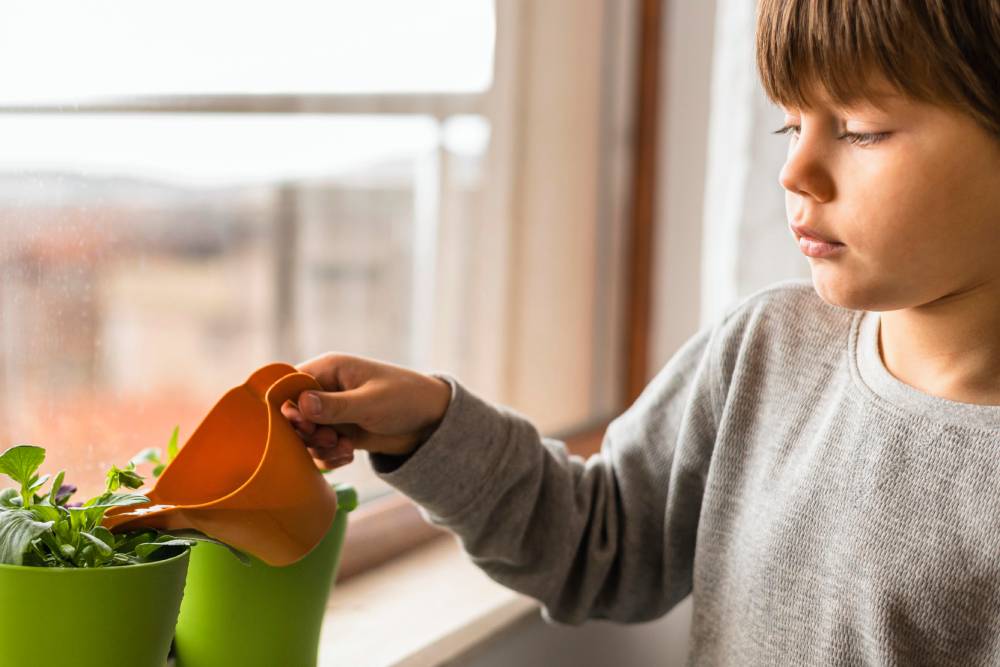Promoting independent living skills in children is essential for their overall development. These skills empower children to manage daily tasks confidently. Children with unique learning or developmental challenges especially benefit from structured approaches to learning essential life skills. With early intervention and the right guidance, every child can grow into a more self-sufficient individual.
Why Independent Living Skills Matter
Independent living skills equip children with the ability to perform daily tasks effectively. These tasks range from personal hygiene to financial management. For children with diverse learning styles, mastering these skills fosters self-confidence and autonomy.
Moreover, these skills are essential for developing a sense of responsibility. They also prepare children to navigate challenges independently in adulthood. By starting early, parents can ensure their children build a strong foundation for the future.
Key Independent Living Skills to Focus On
1. Personal Hygiene and Grooming
Personal hygiene is one of the most basic yet essential life skills. Therefore, children must learn habits like brushing teeth and washing hands. To simplify these routines, parents can provide step-by-step instructions. Additionally, visual aids like charts or checklists make it easier for children to follow and eventually take charge of their personal care.
2. Meal Preparation and Nutrition
Teaching children how to prepare meals is a valuable skill, as it encourages independence and promotes healthy habits. Start with easy tasks, such as making sandwiches or washing vegetables. Over time, children can gradually progress to cooking simple meals. As a result, this process fosters responsibility and builds their interest in nutrition.
3. Household Chores and Organization
Household chores provide excellent opportunities to teach children responsibility and organization. Tasks like making the bed or folding clothes are ideal starting points. To make them manageable, parents can break these tasks into smaller steps. Incorporating chores into daily routines offers structure and creates a sense of accomplishment.
4. Money Management and Budgeting
Financial literacy is a crucial skill for independence, so start by teaching children basic concepts like saving, spending, and budgeting. For example, using games or play money makes learning enjoyable. Later, introduce real-life applications such as tracking expenses or using a debit card. These lessons gradually prepare children for financial independence.
5. Social Skills and Communication
Social and communication skills are vital for successful interactions, especially for children with diverse learning needs. Consequently, targeted support is often required to help children master these skills. For example, role-playing exercises and real-life practice can significantly improve conversational abilities. Furthermore, these efforts boost confidence and help children build meaningful relationships.


Overcoming Challenges in Teaching Life Skills
1. Patience is Key
Children learn at their own pace, so patience is essential. Celebrate small milestones and offer consistent encouragement.
2. Tailor Approaches to Individual Needs
Every child is different. Customize teaching strategies to align with their strengths and challenges for better results.
3. Seek Professional Support if Needed
If teaching certain skills seems overwhelming, professional therapists or educators can offer tailored interventions.
Benefits of Developing Independent Living Skills
- Enhanced Confidence
Children feel more empowered as they gradually learn to complete tasks independently. Consequently, this significant progress greatly boosts their self-esteem. Moreover, each milestone they achieve reinforces their confidence and encourages them to take on new challenges. - Increased Responsibility
Life skills effectively teach children the importance of responsibility, which is essential for preparing them for adulthood. Furthermore, engaging in daily tasks instills discipline and accountability. As a result, children develop a sense of purpose and pride in their accomplishments. - Improved Relationships
Social skills and effective communication significantly help children build stronger connections with peers, family, and the community. Additionally, fostering these skills promotes empathy and understanding. Consequently, children are better equipped to handle diverse social interactions positively. - Better Problem-Solving
Practical experiences not only encourage children to think critically but also help them resolve challenges more effectively. Furthermore, by overcoming small hurdles, they develop resilience. Consequently, they become more capable of handling complex situations in the future.
Conclusion
Promoting independent living skills in children is undeniably a vital step toward preparing them for a self-reliant future. Therefore, these skills empower children to confidently manage their daily responsibilities and navigate life’s challenges.
Through consistent practice, positive reinforcement, and tailored approaches, children can, without a doubt, overcome challenges and thrive. Furthermore, by fostering independence, parents and educators provide children with essential tools to lead fulfilling lives.
At Twinkle Therapies, we specialize in helping children develop these crucial life skills. So, explore our programs today to give your child the best start on their journey to independence.
